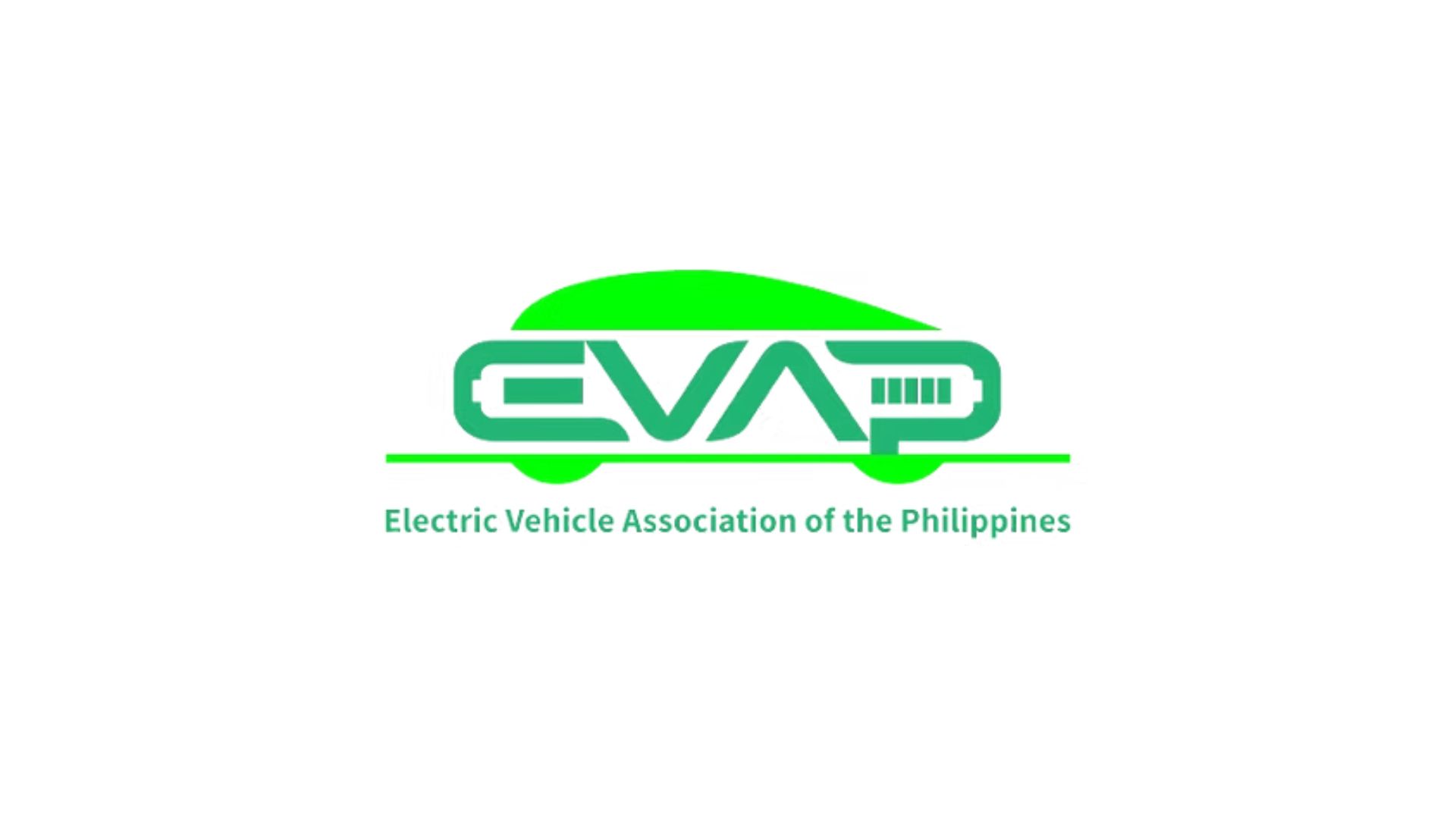EVAP Pushes for Philippine Investment in EV Battery Manufacturing Amid Growing Global Demand
- February 18, 2025
- 0

As electric vehicle (EV) adoption surges across Southeast Asia, the Electric Vehicle Association of the Philippines (EVAP) is advocating for global battery manufacturers to invest in the country, highlighting its rich natural resources, expanding infrastructure, and supportive regulatory policies. With nickel and cobalt—two critical materials in battery production—abundant in the Philippines, EVAP asserts that the country is well-positioned to emerge as a key player in the global EV supply chain.
EVAP President Edmund Araga emphasized that the Philippines offers distinct advantages for battery manufacturers, making it a compelling destination for foreign investment in EV component production.
“With the rapid adoption of electric vehicles in Southeast Asia, the demand for EV batteries is surging. The Philippines is in a strong position to become a key player in the global battery supply chain,” said Araga.
He pointed out that the Philippines’ access to key raw materials, combined with its strategic location and developing renewable energy sector, gives it a competitive edge.
The Philippines is one of the world’s largest producers of nickel, a primary component in lithium-ion batteries used in electric vehicles, energy storage systems, and portable electronics. The country also has significant cobalt deposits, another critical material in battery technology.
According to the International Trade Centre (ITC), the Philippines has the potential to export $788.4 million worth of solar photovoltaic (PV) modules and battery components, with key markets including the United States, China, the Netherlands, Vietnam, and Germany.
“We have the resources, the talent, and the strategic location to serve not just the local market, but also the broader Southeast Asian region,” Araga added.
Beyond mineral wealth, government-backed research and development (R&D) facilities are enhancing the Philippines’ capabilities in advanced battery production. The government has been introducing policies to attract foreign investors, including incentives for green energy projects, tax breaks, and streamlined approval processes.
“Our government is continuously enhancing its capacity to support large-scale projects through research facilities and well-trained personnel who can efficiently evaluate and approve plant operations, environmental standards, and safety protocols,” Araga highlighted.
The country’s regulatory landscape ensures that battery manufacturers will have a clear and stable framework to operate within, a critical factor for businesses seeking long-term investment security.
EVAP’s message to the global battery manufacturing industry is clear: the Philippines is ready to welcome investment.
“Our call is clear: The Philippines is ready. We are open for business and eager to welcome global partners who share our vision for a sustainable, electrified future,” Araga emphasized. “Together, we can drive the future of mobility in Southeast Asia and beyond.”
Should the Philippines invest more in building a competitive battery manufacturing industry? How can the government further support foreign investors in renewable energy and EV production? Share your thoughts in the comments below, and follow Power Philippines for the latest updates on clean energy investments!